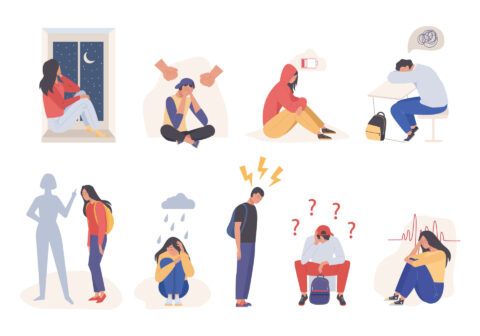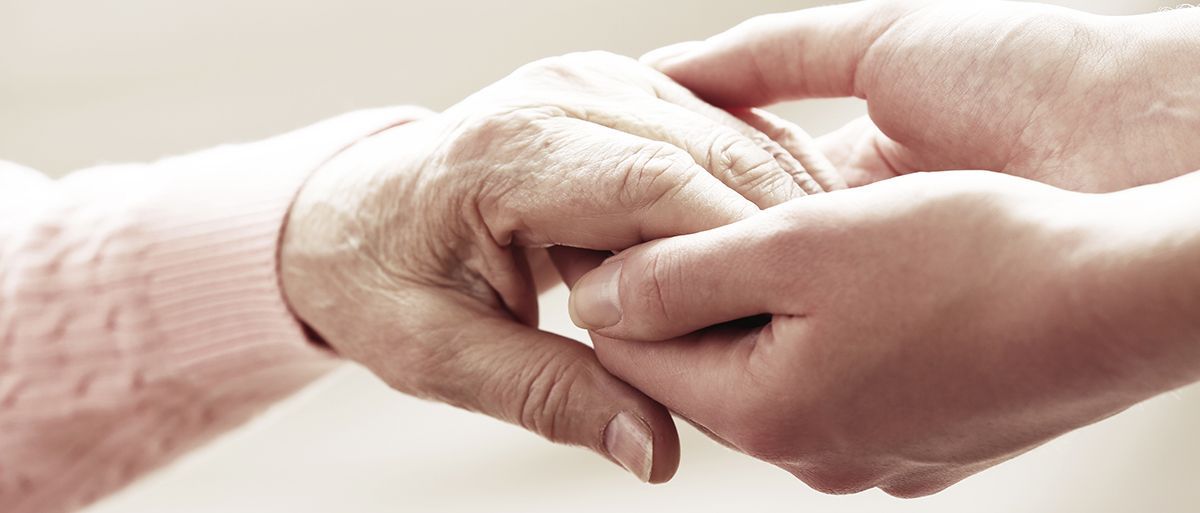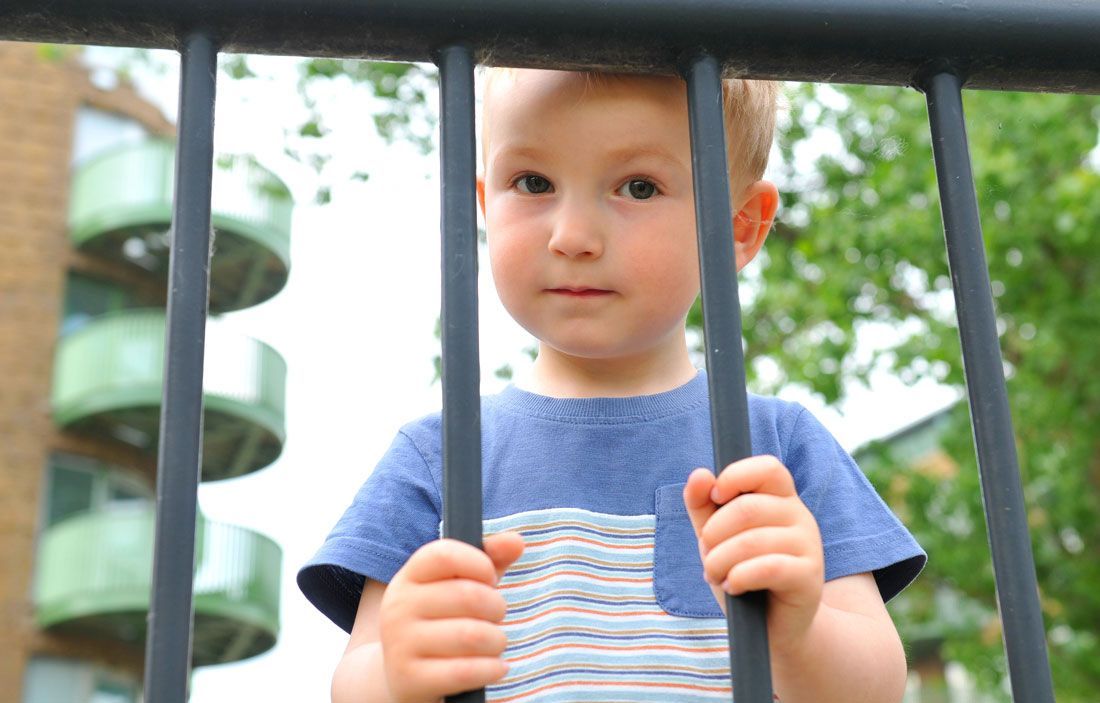How do I talk to a child about a death?
Talking to a child about death can be very uncomfortable for many of us. We aren’t sure what words to use, and we certainly don’t want to do it the “wrong way” and create problems for the child.
Below are some ideas that might guide you in telling a child that someone they loved has died:
- Use concrete language. Depending on the age of the child terms like “passed away” or “lost” may be confusing. Using words like “killed” or “death” may be uncomfortable, but they can avoid confusion.
- Share actual facts about the death as appropriate; mystery can confuse children or make them feel shut out.
- Let the children ask questions. Realize it’s okay if your answer is “I don’t know.”
- If the death was unexpected or due to violence, help the child know how you will help them remain safe.
- If the child wants to see the body and attend the funeral, that should be encouraged. Help prepare them first for what will transpire, and allow them to participate to the level they want.
Depending on the age of the child, it is not unusual for a child to respond more to the unavailability of family members (if their parents are grieving, for example), than to the death itself.
One common thought we have regarding children and death, is that the child will benefit from not thinking about grief, or “putting it out of their mind.” This is incorrect. Children need to process grief, and it will be different than how an adult grieves.
Tips on helping a child with grief:
- Don’t be afraid to talk about death or the person who died.
- Give your own feelings and thoughts.
- Ask your child questions – about their idea of death, the afterlife, their feelings about the person who died, etc.
- Don’t shy away from expressing your own emotions (sadness, tears, anger, etc.).
- Model emotions and healthy ways to express them.
- Allow children choices in how they grieve.
- Find ways to help the child remember the person who died. It may be helpful to start new traditions that incorporate the memory of the deceased.
- Don’t dismiss fears and concerns. Let them know you hear what they are saying without judgment.
Children process grief differently than adults. They take breaks from grief and play and have fun. This is normal and should be encouraged. Like adults, grief may be a long-term companion for a child and it may ebb and flow throughout the years.
Give children helpful ways to express their feelings – writing, exercise, pounding clay, painting, singing, etc. Remember anger is a natural response to grief and that may be manifested through play.
Grief is a natural and normal part of life, and grief responses in general are not a cause for concern. Of course, there are times that a child’s grief response might become worrisome. Below we have listed a few signs that might help you determine if you want to seek more help for your child.
Red flags:
- Prolonged/excessive period of sadness where the child loses interest in their normal activities
- Inability to sleep, extended loss of appetite, intense fear of being alone
- Regressing (acting younger) for a prolonged period
- Withdrawal from people they were previously close to
- Repeated statements of wanting to join the dead person by suicide
- Excessive problems with school or attendance
The post How do I talk to a child about a death? appeared first on Memorial Mortuaries.













